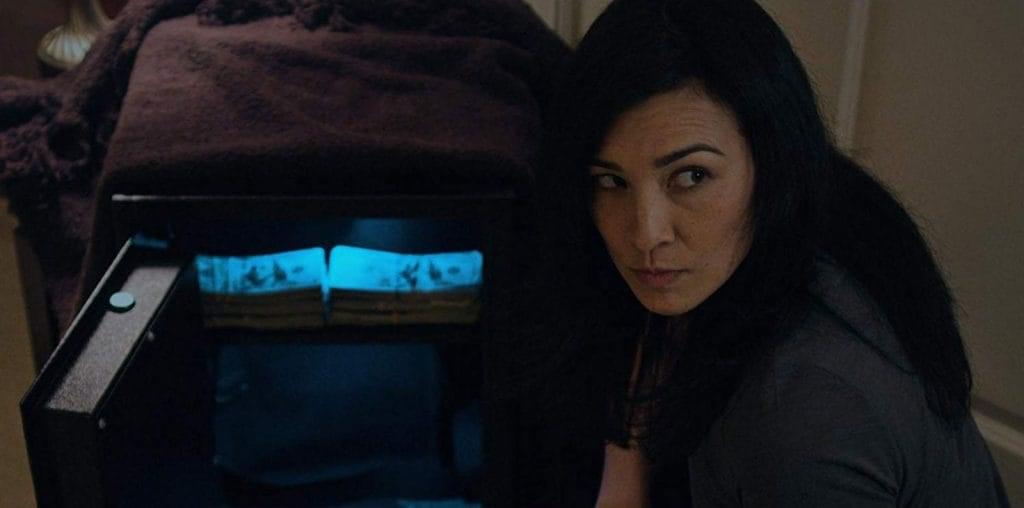
A documentary filmmaker’s intent to make a movie about the prejudices red-haired people learn to live with evolves into something entirely different.
Scott P. Harris’ Being Ginger is a documentary movie about the trials and tribulations facing those born ginger, a/k/a red-haired. In order to learn how gingers live with their uniquely defining characteristic, Harris decided to approach the subject scientifically, through the process of on-camera street interviews. Harris spoke with people of varying genders, nationalities and haircolors— including those with red hair—concerning their true feelings about gingerism, and whether or not they found gingers romantically attractive. Interestingly, the responses of the interviewees were not only colorful, but they were shockingly similar.
What I found the least engaging about Being Ginger was its intended content, since after the novelty wore off, nothing that the interviewees said seemed anything more than superfluous and superficial. However, what I did find fascinating was how the film’s initial goal began to change over time and how Harris’ probing lens eventually focused on the filmmaker himself. While the movie’s exposure of Harris can certainly be interpreted as uplifting, freeing and universally heartfelt, the whole thing eventually felt like a psychiatric case study. Even more disturbingly, I soon began to wonder whether Harris’ initial intent regarding the documentation of the ginger population was simply a ploy— and that the filmmaker’s true purpose was his own catharsis, and perhaps, a bit more…
And that brings me back yet again, to that same issue I always ponder about documentaries and their makers. Are documentary movies authentically objective-reportage, or simply another form of artful make-believe?
This film was submitted for review through our Submission for Review system. If you have a film you’d like us to see, and we aren’t already looking into it on our own, you too can utilize this service.


